GTR Named 2026 Power 100 Preferred Partner
GTR Named 2026 Power 100 Preferred Partner TL;DR
6 min read
Barbara Domingues : Updated on February 17, 2026
.png)
.png?width=780&height=439&name=Referral%20Rewards-Blog%20Post%20Banner%20(2).png)
Key Takeaways
|
Word of mouth marketing is one of the biggest drivers of revenue growth, but to be effective you need to promote, attract advocates, and measure results. Although it may seem like you can’t control who will sell on your behalf, you can effectively encourage people to refer friends to your referral programs.
Often times when advocates receive cash, it goes to their day-to-day costs like rent, mortgage payments, household bills, gas, etc. Gift cards provide your advocates a guilt-free way to buy something that they may have been wanting for some time, such as new golf clubs or running shoes.
A tangible purchase with the gift card reward will remind them of your brand and how easy it was to acquire it. While they may not remember a cash bonus years later, a long awaited purchase is always well remembered and your company will benefit from those good feelings as well.
Memorable gifts have the ability to make the reward feel even more appreciated, which helps further drive engagement and repetition.
This is a common referral marketing idea, but an effective one. Rewarding your advocates (i.e. your referrers) with a store credit is a smart incentive because it preserves your margins and this credit will drive repeat-purchase behavior. When advocates use credit to make additional purchases, they reinforce their loyalty and build trust with your brand, which makes future purchases even easier.
Store credits often work better for brands with a fast sale cycles, fast-consumption goods, and lower-priced products.
Instead of giving your customers something new, give them a better version of something they already have (or just bought). For instance, you could upgrade them to the premium service of your service or product, or addon an additional hour of consulting time.
Just like rewarding someone with store credit, this technique is usually cost-effective because your costs are less than the retail value of the reward. But this option doesn’t always fit all business models. It is usually more effective in service companies and subscription services, for example.
It may seem obvious that cash incentives work better than any other kind of incentive. However, in some markets and for some people, non-cash incentives can work as good as cash or even better. A University of Chicago study showed that non-cash incentives can be 24% more effective at boosting referral performance than cash incentives! If your business offers services that have a monthly payment option, you can offer a discount on the customer's next bill after referring a friend.
Offering a discount is definitely a good incentive and an engaging strategy as advocates will naturally be encouraged to send more referrals to get constant discounts and savings.
This referral technique works pretty well for long sale cycles or multi-steps processes, such as solar panel installs and home improvement services. In this case, the advocate might earn $25 when a referral schedules an appointment, another $25 if that referral gets a proposal, and then a final $200 when the referral pays their invoice. This will keep the advocates engaged throughout the process and excited to keep sending you referrals.

Your customers may refer more if the reward gets better with every successful referral they send you. Having a referral bonus structure can keep your customers involved in the referral program long term. For example, you can create a referral program where a bonus is triggered once your advocate sends are certain number of referrals. Perhaps the advocate earns a certain amount for their first 5 Referrals ($250, for example). Then, when they hit the next tier of your referral program, they might earn double for every referral after that ($500).

Social gifting is a unique referral marketing idea because it doesn’t reward the advocate with anything at all. The entire reward goes to the referred friend. This technique is especially useful for brands who are confident that people will buy their product once they become aware of it.
With this strategy, the friend is delighted to receive a gift from their friend and advocate. The advocate gets the satisfaction (and credit) for giving and the brand gets an opportunity to convert a new referral into a customer.
You can also go one step beyond the one-sided reward and reward both sides. That means that both parties, the advocates and their friend who signs up, benefit from the referral. This technique reinforces brand advocacy and loyalty for both parties involved, giving your brand more opportunities for new business.
This reward strategy depends on your customer profile. It's a great option because some people are more motivated by charitable contributions rather than rewards for themselves. These kinds of people might be more likely to refer their friends if you donate to a worthy cause or charity on their behalf.
Just make sure that the charity you choose aligns with your business and your customer’s values. For example, TOMS shoes donate shoes to children in need, and Warby Parker, an eyeglass company, is committed to good eye care around the world.
Referrals usually can originate from two different sources, and you should take advantage of both when asking for them. Here's more:
When building your referral program, take advantage of both groups and design ways to communicate with those people and ask for referrals whenever you think is the right moment.

A great way to kick up excitement about your referral program is to offer a seasonal or event-related reward. The holiday season is the most popular for shopping, for example. From Black Friday all the way up through Christmas, consumers are emptying their wallets for gifts, winter items, and more. It’s a great time to recruit new customers and advocates too!
While the holidays are often big-ticket time, you can easily do the same by offering advocates a special holiday-themed product (or a mini-service) for referring another customer to your business during the holiday season (or on other special days).
This referral marketing technique works well for B2B companies. Featuring an advocate who is also a customer in a case study or testimonial is a way to show that not only are your creating customer satisfactions, you're also creating loyalty. By making your customer experiences more visible, you to gain more credibility and trust. The more widely you circulate your case studies and testimonials, the more social proof and information that your prospects have when making the decision whether or not to become a customer.
There is no single “best” reward. Cash, gift cards, and service credits tend to work well in home services. The key is choosing a reward that feels valuable to your customers and is easy to understand and redeem.
Yes. Studies show non-cash rewards like gift cards, discounts, or upgrades can outperform cash in some cases because they feel more personal and memorable. They also keep your brand top of mind longer.
For higher-ticket or longer sales cycles, delayed or staged rewards work best. This ensures you only pay for real outcomes while keeping advocates engaged as the referral progresses.
Two-sided rewards often perform better because they motivate both the advocate and the referred customer. That said, one-sided social gifting can also work well if your product or service sells itself once introduced.
Automation is key. Using referral software to track referrals, trigger rewards, and notify advocates removes manual errors and keeps trust high. Clear rules and visibility prevent frustration and drop-off.
In Conclusion
The 12 ideas included on this list are meant to inform and inspire you! When it comes to how you marketing your referral program and how your reward your advocates, there are so many options. 
Learn more about how to build a referral program with the articles below:
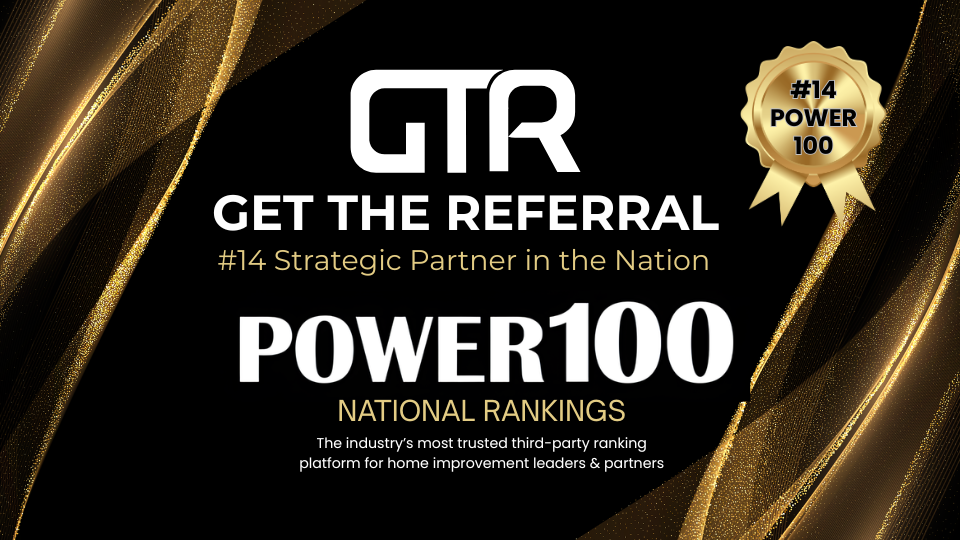
GTR Named 2026 Power 100 Preferred Partner TL;DR
Article Summary Spreadsheets are an inefficient and error-prone solution for tracking referrals as businesses grow. Referral apps like GTR...
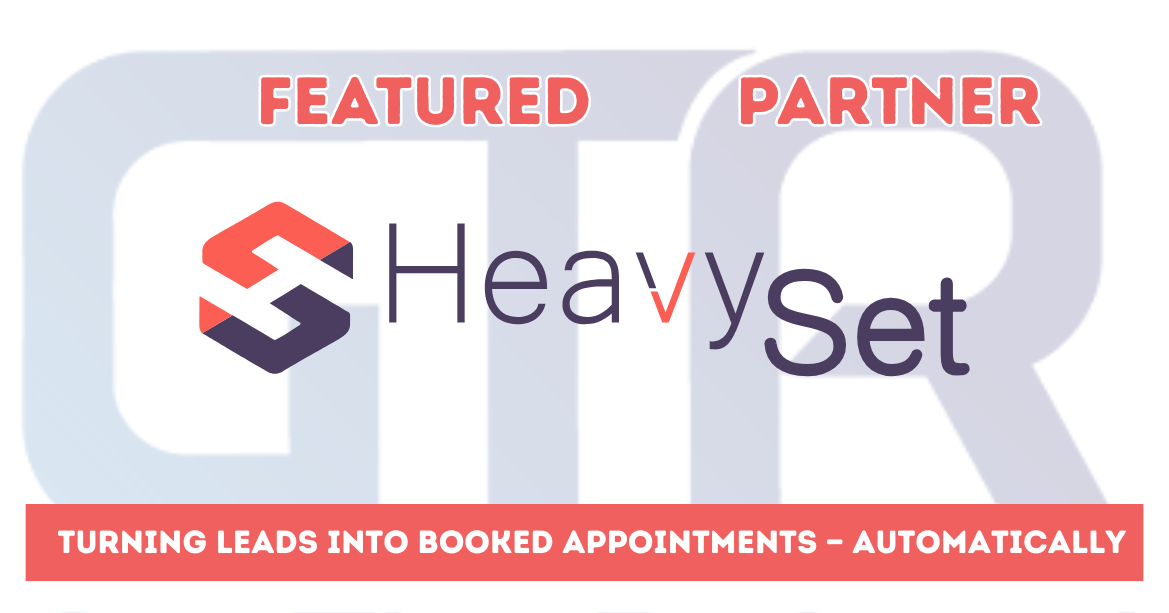
We love spotlighting partners who help home services businesses capture more opportunities, fill calendars, and boost sales. For January, we’re...
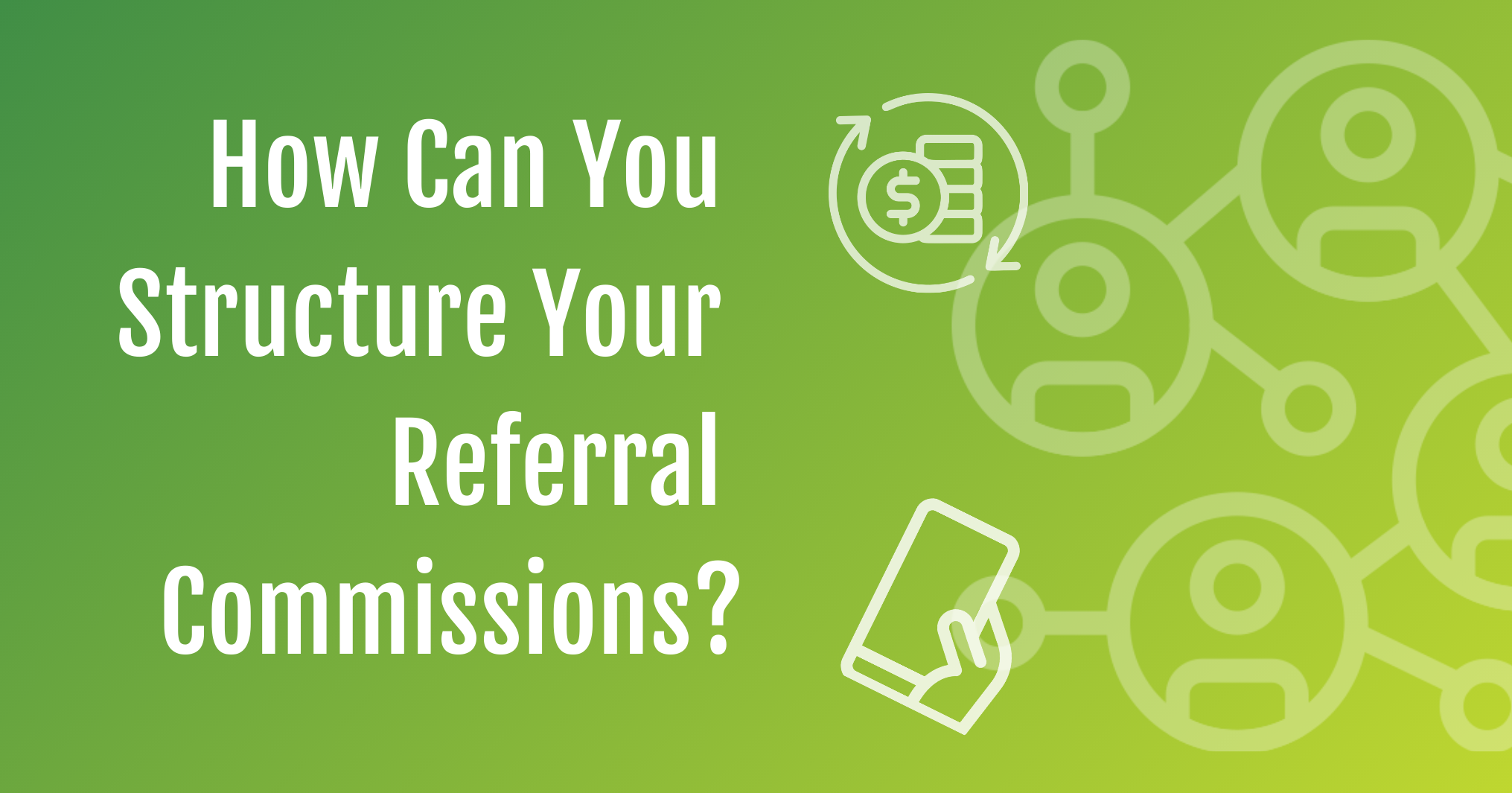
1 min read
Key Takeaways Referral commissions reward the people who actively help grow your business and keep referral momentum strong. A finder’s fee or...
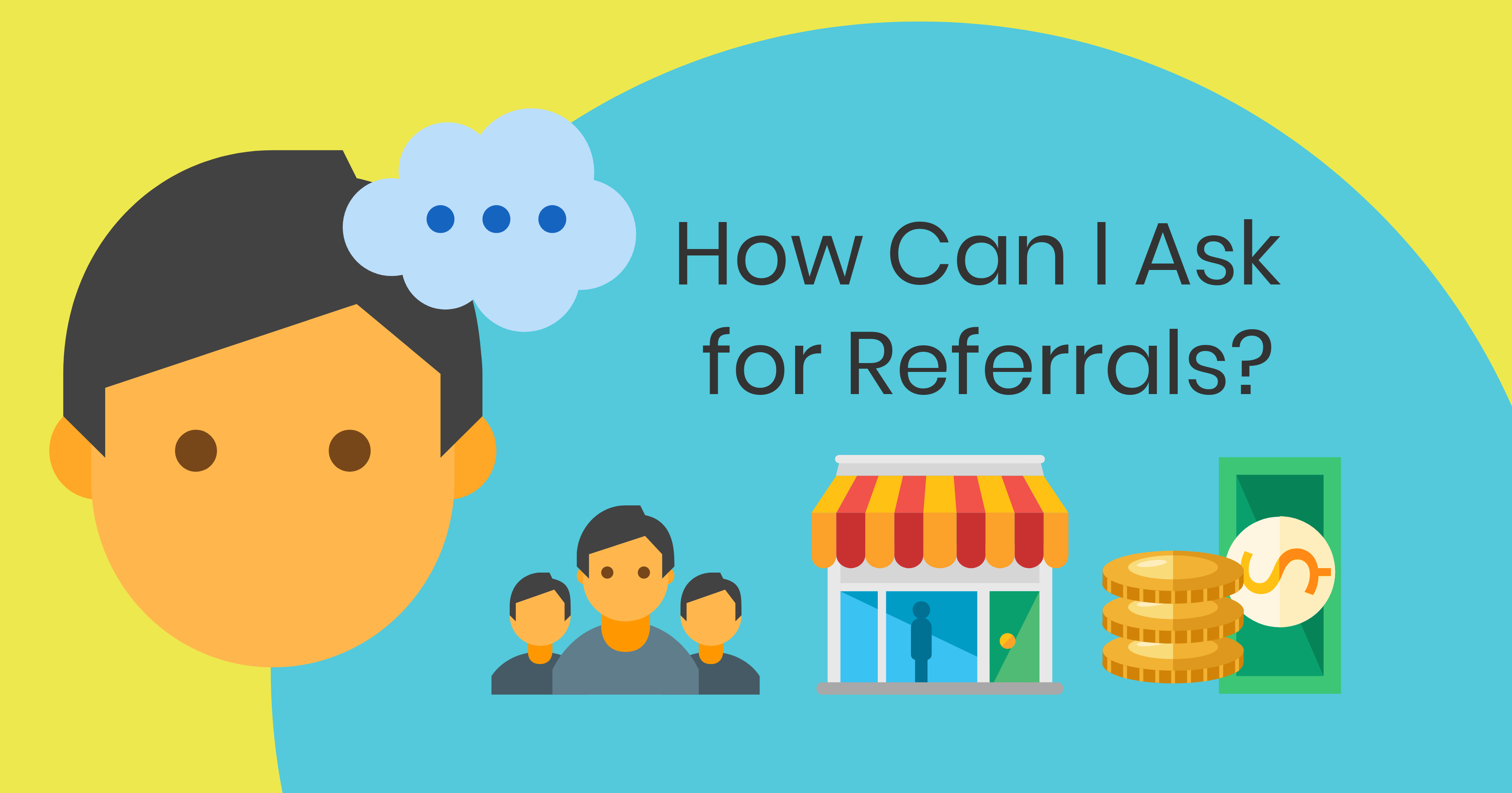
First, let's start by defining referral marketing: this marketing method is based on the promotion of products or services to new customers through...
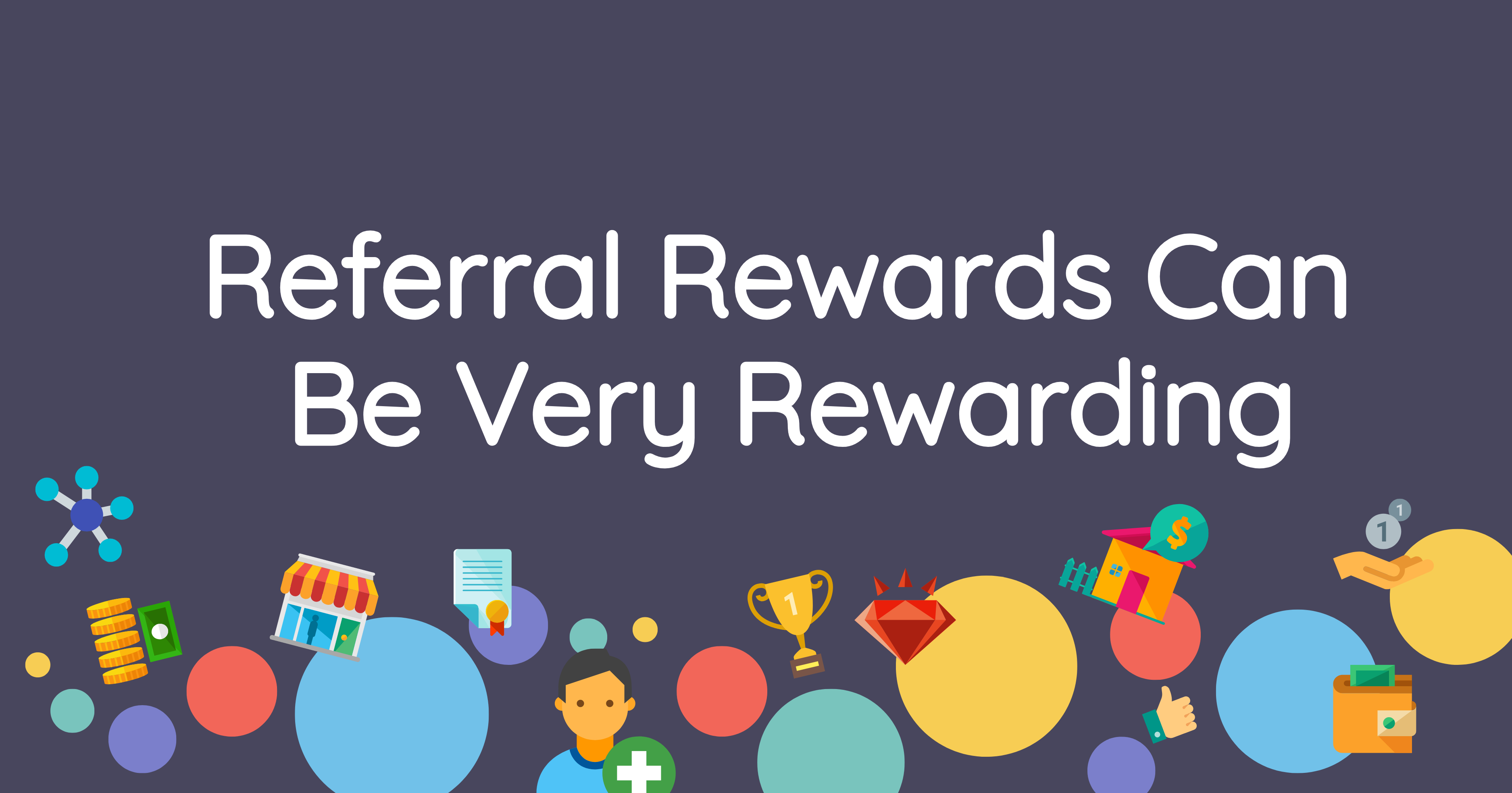
As a business, you may ask yourself why reward your customers for referrals. The simplest answer is because you stand to gain a hefty reward...